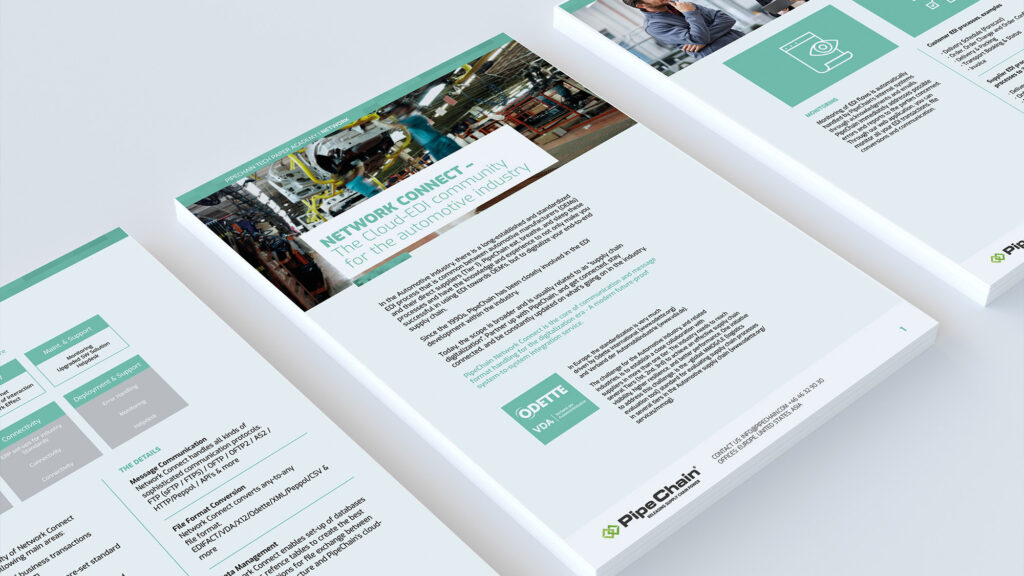
Future-proof customs warehouse with approved customs system
Does your company store its own goods imported from third countries, or do you trade extensively with the UK and want to treat that goods as a customs warehouse? Or have you received a request from customers who, after Brexit, are wondering if you can store their goods at customs warehouses? Brexit in particular has changed the playing field for many businesses, after the UK was left out of the EU and all goods from the country now need to be cleared. Are you thinking of starting your own customs warehouse management or hiring a 3PL operator for your customs warehouse handling? There may be many questions about customs warehouses, here we will ask some of them.
Customs warehouse added value to the business
For many companies, their own customs warehouse is a convenient way to store goods that should not be sold directly on arrival. By storing goods at a customs warehouse, you improve liquidity and cut the payment peaks. Without any time constraints, the goods are safely stored in the customs warehouse, and only when the goods are delivered do any taxes and fees need to be paid. Furthermore, if the goods are to be withdrawn from the EU, you will not have to pay import duties for entry into the EU.
For other operators, such as freight forwarders and 3PL, a customs warehouse can be an attractive way to broaden the offer to the customer, thus increasing the value of the transaction. And the customer in turn does not have to find other suppliers for this service, or to manage the customs warehouse on their own. Not all companies are ready to handle their customs warehouse themselves, but are happy to buy the service from third parties.
What is required for customs warehouses?
So what does it take to run a customs warehouse? First of all, you must obtain a permit from Swedish Customs. They set out a number of criteria that must be met, including having a system-based accounting solution where the goods can be traced from it entering the EU to either being imported into the EU or exported to third countries. In plain language, this means that you need an approved custom systems. A good idea to choose a future-proof custom systems which is industry independent and complements other systems for full traceability according to The Swedish Customs rules.
System partner in customs warehouses
Tyringe is an experienced partner in customs handling. It has given us industry knowledge and a very good understanding of all the aspects of customs procedures. If you wish to apply for customs warehouses with Swedish Customs we can help you in this process, while ensuring that you have an approved custom systems.
Our cloud-based customs system TIS is a future-proof solution that makes it easy to manage your customs warehouse and all kinds of customs issues, without investing in hardware or new technology. The user-friendly interface makes the information structured and easy to overview. With all systems integrated, you can then look forward to a safe and efficient customs warehouse that helps you get digital flow and more value in your business. And should you ever need competent support, Tyringe is just a call away.
Insights

If you are interested in learning more about how to create a powerful connected supply chain, here are our latest insights.
Tech papers

To help you get a deeper and better understanding of our solutions and your supply chain, we have developed a number of detailed tech papers on different subjects.
-
Necessary
These cookies are not optional. They are needed for the website to function. -
Statistics
In order for us to improve the website's functionality and structure, based on how the website is used. -
Experience
In order for our website to perform as well as possible during your visit. If you refuse these cookies, some functionality will disappear from the website. -
Marketing
By sharing your interests and behavior as you visit our site, you increase the chance of seeing personalized content and offers.


